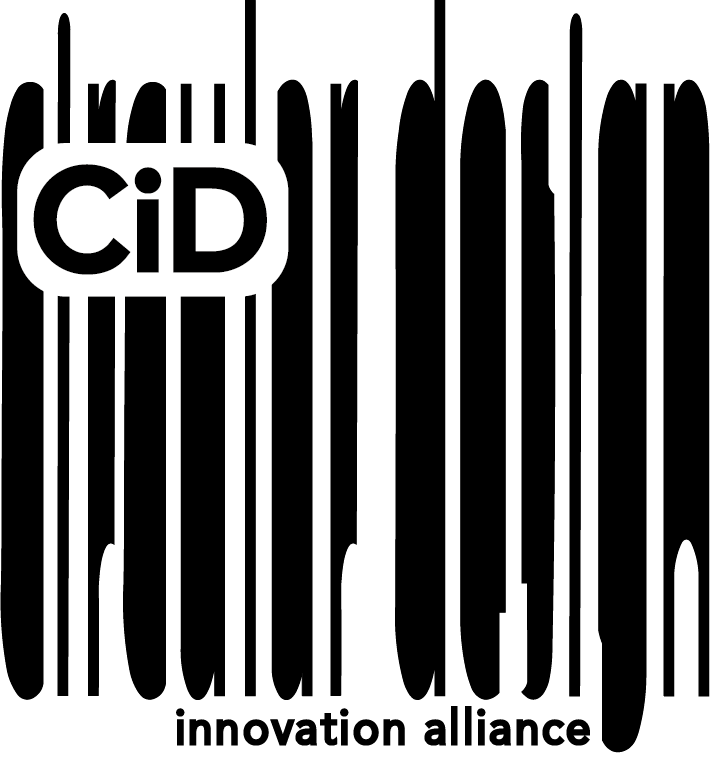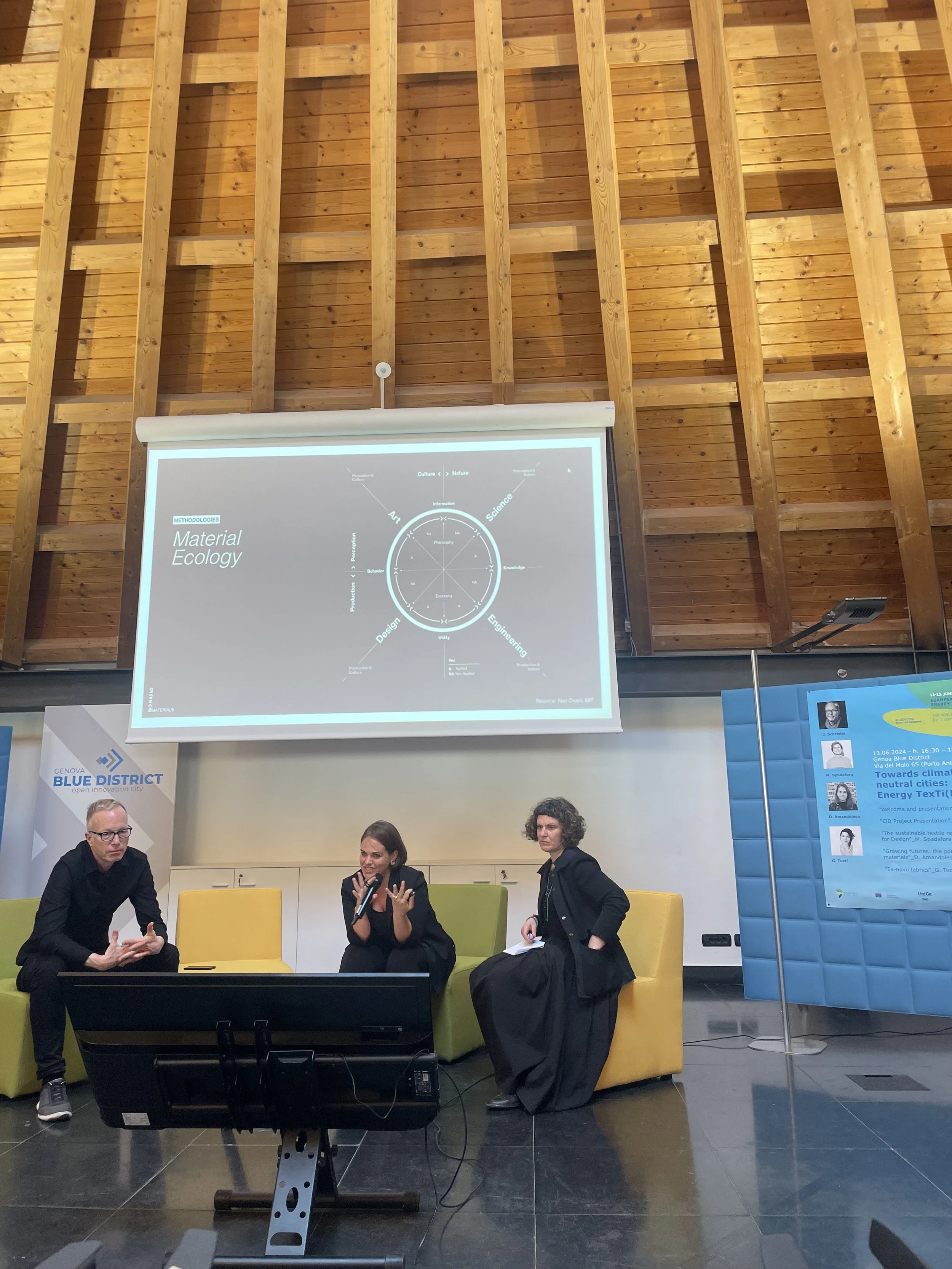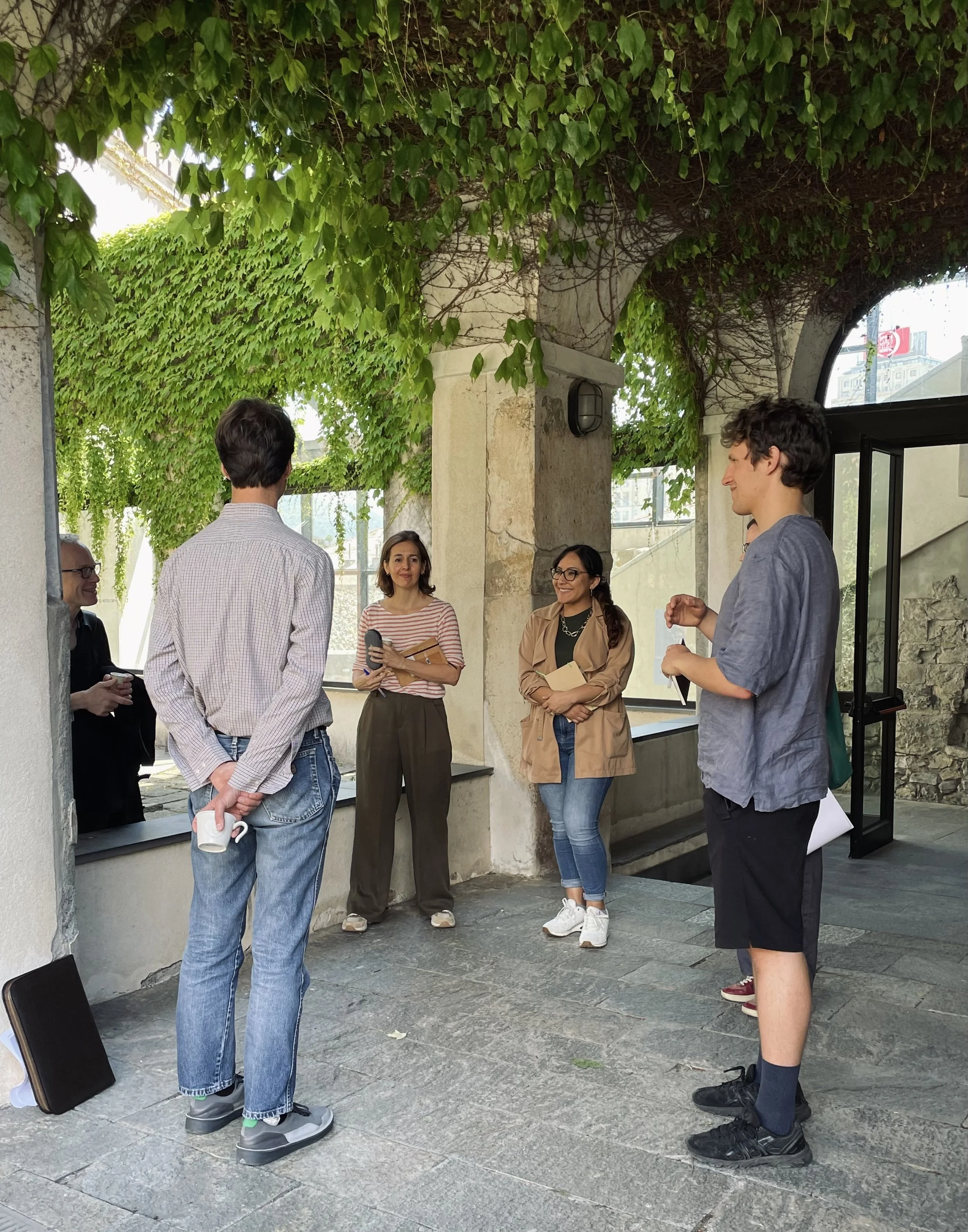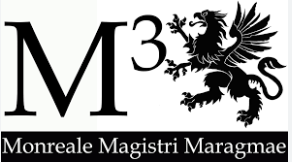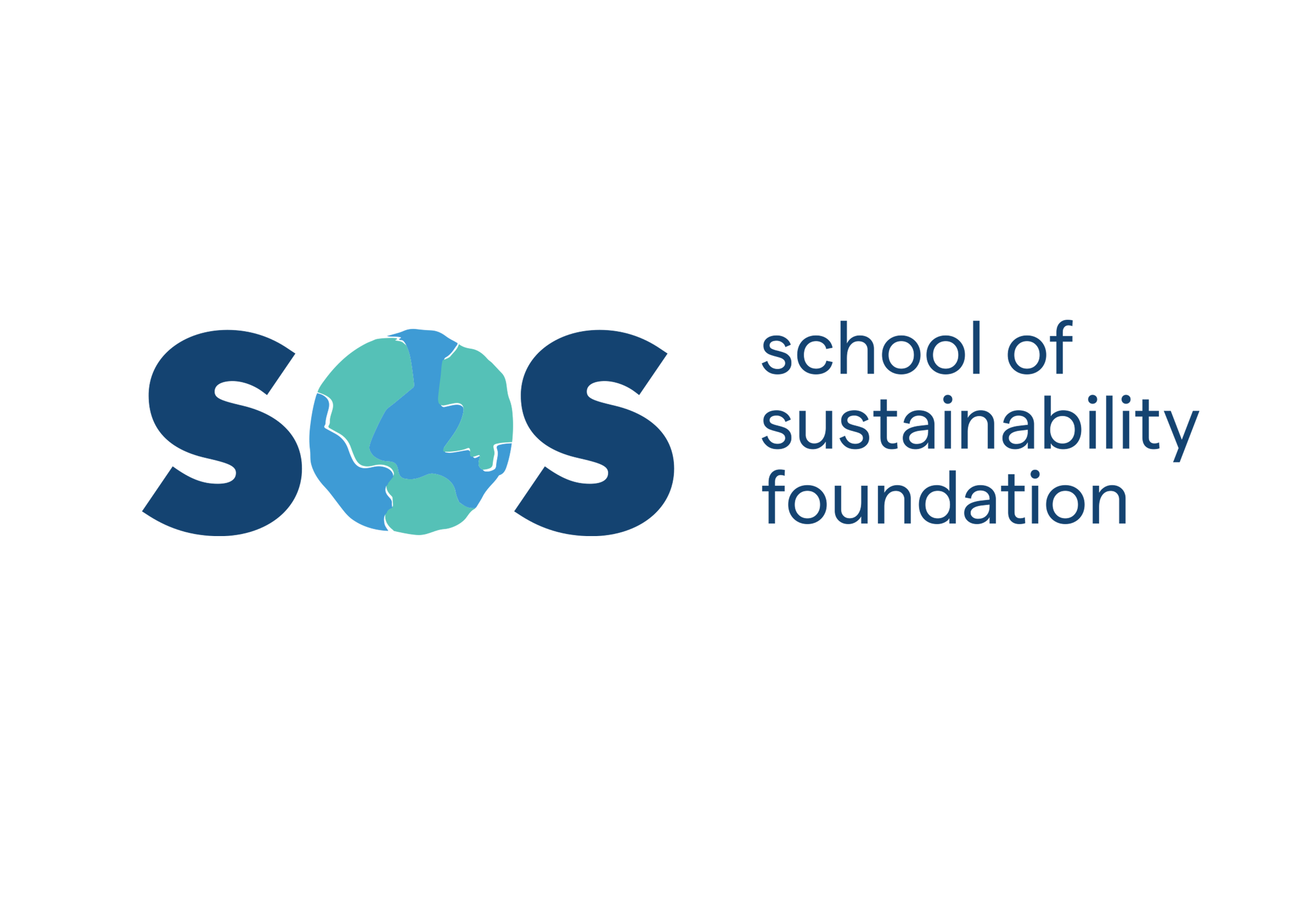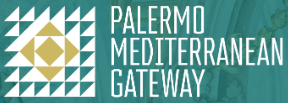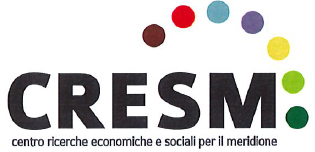
european observatory
Circular Economy
coordinated by ARCES Association-
Magistri Maragmae is a cultural association founded by individuals actively engaged in various sectors of society. Its primary goal is to promote study, research, and training activities in the fields of arts and crafts, aiming to support the professional integration of young talents and the continuous professional development of those already working in the sector. This is achieved through the establishment of educational and training structures, such as the Monreale School of Arts & Crafts. The focus is on transmitting the traditions of master artisans while also investing in the use of new CAD and CAM technologies in the sector.
-
The Palermo Mediterranean Gateway association was founded in 2018 with the goal of regenerating the historic center of Palermo, starting from the Kalsa district, and creating a replicable model in other areas through the regenerative experience of Palazzo Butera. The key concepts are: regeneration (through art and culture, the creation of shared value for the territory and the community); inclusion (a strong humanitarian focus aimed at building capacity and citizenship); social innovation (synergies between research centers, foundations, universities, museums, and economic and financial actors).
-
Beamline Accelerator is a climate-focused cleantech accelerator based in Estonia that supports early-stage startups advancing circular economy, energy, construction and climate-resilience solutions. It combines investment with a six-month accelerator programme, tailored mentorship and access to international networks to help scale impactful technologies that reduce emissions and drive sustainable, circular innovation. Themes: Cleantech, deeptech and sustainable finance
-
BLOXHUB is the Nordic hub for sustainable urbanization, headquartered in Copenhagen. They bring together a diverse international community of companies, research institutions and public-sector actors working in architecture, design, construction and urban development — facilitating collaboration, knowledge sharing and business opportunities to develop innovative, sustainable solutions for the cities of the future. Expertise themes: Circular economy, design, innovation, sustainable materials.
-
Brand Manual is a strategy-driven service design and branding agency. Our core value is making organisations function better by aligning brand, operations, and experience into one coherent whole. We map how services really work, uncover the delivery gap between intention and experience, and redesign the system so that intention matches reality. In short: we turn complicated services into intuitive ones that make sense. Themes: Circular Economy, Business strategy, Service design and Branding.
-
As a Circular Economy consultancy and independent advocate, we support companies as they innovate and transform through sustainable and circular solutions. With a vast network of skills and expertise in sustainable and circular business practices, circular design, and stakeholder engagement, we are equipped to inspire and drive new business opportunities grounded in circular principles combined with entrepreneurial and sustainability skills, to accelerate the transition to the circular economy in the EU, and beyond.
The company was founded in 2022 and is registered in Stockholm, Sweden.
-
CNR IBE combines the knowledge of over 200 researchers, creating a complex network of interdisciplinary skills the shape the study areas.
IBE's aim is to identify strategies for mitigating and adapting to global change, enhance biodiversity and develop sustainable systems for utilizing bioresources in food, manufacturing, and energy applications. This mission is accomplished through a range of activities such as studying primary productivity of agroecosystems, preserving plant biodiversity, implementing new technologies for biomass management, utilizing precision agriculture, developing agro-environmental modeling, assessing the environmental sustainability of production processes and products, and enhancing ecosystem services.
CNR IBE is also engaged in training, communication, information dissemination, and developing new teaching approaches to increase public understanding of the connections between the environment and risks, technology and society, and food security.
-
CRESM is a non-profit social cooperative founded in 1973 that promotes initiatives for integrated and sustainable development and social inclusion in Sicily and the Mediterranean. CRESM's activities primarily target farmers, entrepreneurs, families, and young people, focusing on the enhancement of assets confiscated from the mafia, as well as vulnerable groups (unemployed, immigrants, prisoners, disabled individuals) in Italy and the Mediterranean region. CRESM addresses educational poverty among young people, collaborates with schools and universities of all levels, and promotes the creation of cooperatives and social enterprises.
-
Non-Governmental Organisation (NGO) founded in 2014 and located in La Vall d’Uixó, Valencian Community (Spain).
The Foundation is committed to sustainable and low carbon solutions. Its members are professionals in education, sustainability, environment and possess an extended network of VET educational centres, green enterprises, eco-associations and youth organisations.
The aim of the Foundation is to promote trainings, dissemination, demonstration, mentoring, financing, consultancy and comprehensive management in environment and sustainability areas based on a low carbon economy model, through the following fields:
Renewable energies and energy efficiency
Biofuels
Management and valorisation of waste, especially agro-forestry waste
Environmental conservation and regeneration
R+D+I (Research, Development and Innovation) for the promotion of low carbon economy
Bioconstruction
Landscape management
Cooperation and rural development
Social economy, solidarity and fair trade
Environmental education
Low Carbon Economy Foundation has a large experience in comprehensive management of educational projects at local, regional and European level.
-
The mission of GATE is to conduct Big Data and AI applied research, to develop innovations and provide education in collaboration with government, industry and entrepreneurs. Based on this, it will generate well educated professionals, new business opportunities and societal impact in Bulgaria and Europe.
-
häk is a strategic creative agency based in Tallinn, Estonia. We help progressive organisations build brands that are designed to last. Our work combines brand strategy, creative direction, digital design, and technology to create long-term, sustainable brand systems rather than short-lived campaigns. häk focuses on clarity, honesty, and strategic thinking, ensuring that creativity serves real business goals. We stand for responsible brand-building that reduces noise, avoids wasteful marketing efforts, and supports meaningful, durable growth for both companies and their audiences.
Alongside client work, we also provide training and educational programmes. In our training, we share practical knowledge and experience accumulated over many years of hands-on work. Everything we teach is built around clear systems and logical frameworks, making it easy to understand, quickly implement, and apply in real business contexts rather than remaining theoretic. Themes: Strategic design, Digital marketing, Branding, Web & IT solutions, Service business development.
-
HI advisory is a strategic consultancy, founded in Tallinn, Estonia. Their aim is to accelerate the transition of companies, from manufacturing to the service industry, to a more sustainable operating model. They transform organisations by designing out waste, using service design and circular thinking, and applying behavioural science to create lasting culture change. They create a balance between efficiency and sustainability.
-
Maripuu Consulting is an Estonia-based business advisory firm focusing on helping organisations design smarter, more sustainable and financially resilient operating models. The company supports both growing and established businesses in rethinking their processes, adopting data-driven management practices and implementing digital tools that reduce waste and improve efficiency. With expertise spanning business model innovation, financial management and organisational change, Maripuu Consulting helps companies move towards circular and long-term value creation while strengthening everyday operational performance. Themes: Entrepreneurship, Technology sector, Strategic management, Sales & sales management, Service export, Financial planning.
-
Our main goal is assessing how the company is emphasizing the circular economy and highlighting its crucial importance for customers, stakeholders, and the community at large. This includes educating on the sustainable practices being implemented, underscoring the fundamental role played by the circular economy in the current business landscape.
-
The 2030 Observatory of CSCAE (Higher Chamber of the architect´s Councils of Spain) is a national collaborative platform that brings together public institutions, industry, academia, and professionals to align the built-environment sector with the UN 2030 Agenda and NEB principles. Its mission is to drive the transformation of cities and buildings toward sustainability, social equity, climate impact strategies and architectural quality through research, strategic guidance, and coordinated action. Themes: Sustainable architecture, environmental impact, construction.
-
Smart City Cluster is an alliance of more than 200 companies and institutions that improve the quality of life of citizens. They work in the development of smart cities, understood as efficient, sustainable and comfortable. They connect the city (challenges) with the business and knowledge fabric (solutions) using a cooperation model between their partner entities: private companies, universities, technology parks and sector organizations. They cover the entire value chain of the city of the future, from its most technological to the most social aspect.
-
Founded by Mario Cucinella, SOS School of Sustainability is a professional school that offers a First Level Master’s Degree in Sustainable Architecture and Design, a post-graduate program accessible to recent graduates and young professionals seeking to develop the necessary skills to succeed in their careers as experts in sustainability.
As a nexus for the exchange of knowledge in the fields of construction, education and design, SOS strives to bring together the know-how, competencies, and skills that Mario Cucinella has acquired over more than thirty years of professional practice in the global context, with the expertise of MCA, the SOS team and partners. Thanks to its unconventional and unique approach, SOS provides the highest quality practice-based experience and opportunities, training students how to work by doing research. To prepare participants to deal with such issues that are emerging globally, it is necessary to equip them with new cognitive and technical tools.
-
The Center for Sustainability and Ecological Transition at the University of Palermo, directed by Prof. Maurizio Cellura, was established in 2022. It is guided by a Scientific Council comprising faculty members from the University who are experts in the areas of the 17 Sustainable Development Goals (SDGs) outlined in the United Nations' Agenda 2030. This agenda redefines the culture of sustainability through an interdisciplinary and cross-cutting approach, addressing themes such as equal opportunities, access to education, and the establishment of democratic institutions.
Among the activities of the Center (CSTE) is the creation of a Regional Forum on Sustainability and Ecological Transition to strengthen the dialogue between the University and stakeholders working in various capacities in the field of sustainability.
The Center, also through the support of professional organizations, will also involve small and medium-sized enterprises in the Forum to guide them in defining eco-innovative and sustainable production solutions, assessing and reducing the energy-environmental impacts related to their production processes, and implementing eco-design practices, including the transfer of good practices already in place.
The Sustainability Center has initiated a process of cooperation with the RUS - Network of Sustainable Universities, of which UniPa is a founding member, through participation in thematic working groups, from sustainable food to climate change, evaluating actions immediately applicable to the University.
The concept of sustainability and ecological transition will be integrated into the educational tracks, also to meet the new needs in terms of key professional figures for ecological transition.
A table will be established with the University's departments and individual scholars engaged in research and innovation in the fields of sustainability and ecological transition in order to implement effective solutions applicable in the management of the University's facilities and the relevant territory.
-
They are one of Scandinavia’s leading architectural practices, working with sustainable architecture, urban design, landscape architecture, and interior design for current and future generations. Their mission is to enable sustainable living through the art of architecture, and their vision is that by 2030 all their projects will be regenerative and climate-neutral through design excellence.
All stakeholders of this observatory

